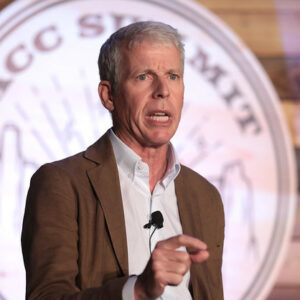Energy groups and advocates described President-elect Donald Trump’s selection of Liberty Energy CEO Chris Wright as Energy Secretary as a return to normalcy for an agency that, under the Biden-Harris administration, prioritized climate change goals. That would benefit Pennsylvania, the nation’s second-largest natural gas-producing state. David N. Taylor, president and CEO of the Pennsylvania Manufacturers’ […]

